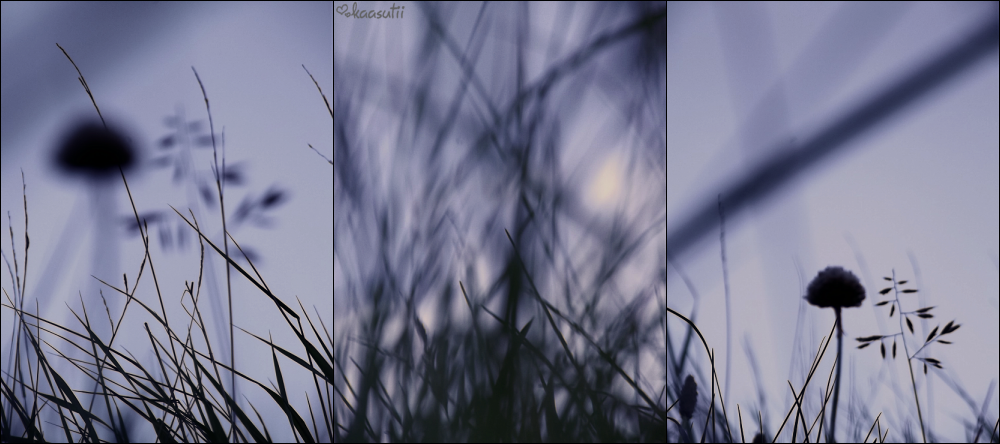Once upon a time, during a balmy summer in the Kent countryside, I tiptoed carefully through gardens, paddocks, forests and orchards in search of bark chips, ivy vines, soft white feathers and fallen petals; I was hunting for the materials to create my very own fairy dress, inspired by Fairie-Ality from the House of Ellwand...
%203%20basques%20WEB%20.png) |
| © David Ellwand, 2001 |
I must have been about 13, but I so vividly remember the way the excitement and passion bubbled in my stomach, it might as well have been yesterday. I wasn't just keen to make a dress: for one month only I was an escaped Londoner, and I was convinced not only that I could make fairy clothes, but that I could find a little someone to wear it whilst I was in the countryside. The chances of finding a fairy in the Big Smoke seemed slim.
Some people will laugh to think of a teenager believing in fairies, but I grew up on a diet of fairy tales and adventure stories, and none of them ever took place in a city. I associated the countryside, any countryside, with the storybook worlds of my youth.
I never did make that dress. My desire was far greater than my ability (I could just about sew a felt purse together at that age.) But the magic was - is - still there. All you have to do is open the 'catalogue' and let it immerse you.
Recently I discovered David Ellwand's other related work - the Fairie-ality Style book of interior design. This caused all the above happy memories of nature-treasure hunting to come back to me, and when I found out he lives in West Sussex, one county over from where I live, it made me want to embrace the countryside around me so much more, and use it as inspiration in my work (hence quite a few previous posts about how inspirational nature really is.)
Click below to see more images from Ellwand's website, which I urge you all to explore...


